Using the galactic glow of dwarf galaxies, researchers investigate a hypothetical particle called an axion as a possible contender for dark matter.
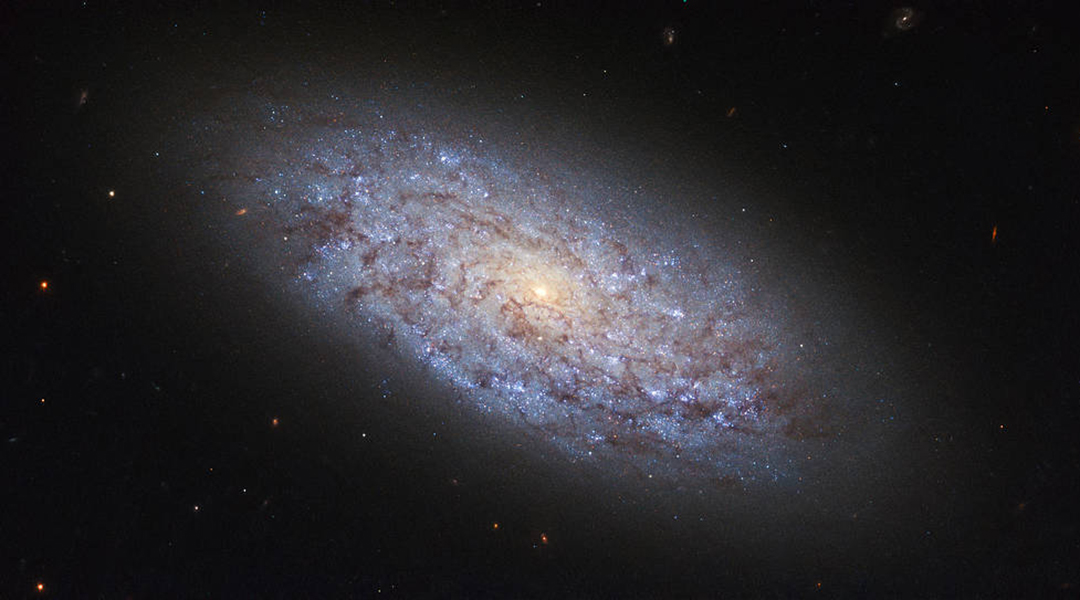

Using the galactic glow of dwarf galaxies, researchers investigate a hypothetical particle called an axion as a possible contender for dark matter.

A 15-year study using observed radio signals from the 67 pulsars has concluded that the entire cosmos is filled with undulating gravitational waves.

Vital to the fusion process and used in a wealth of technological applications, new research shows quantum tunneling is still delivering surprises.
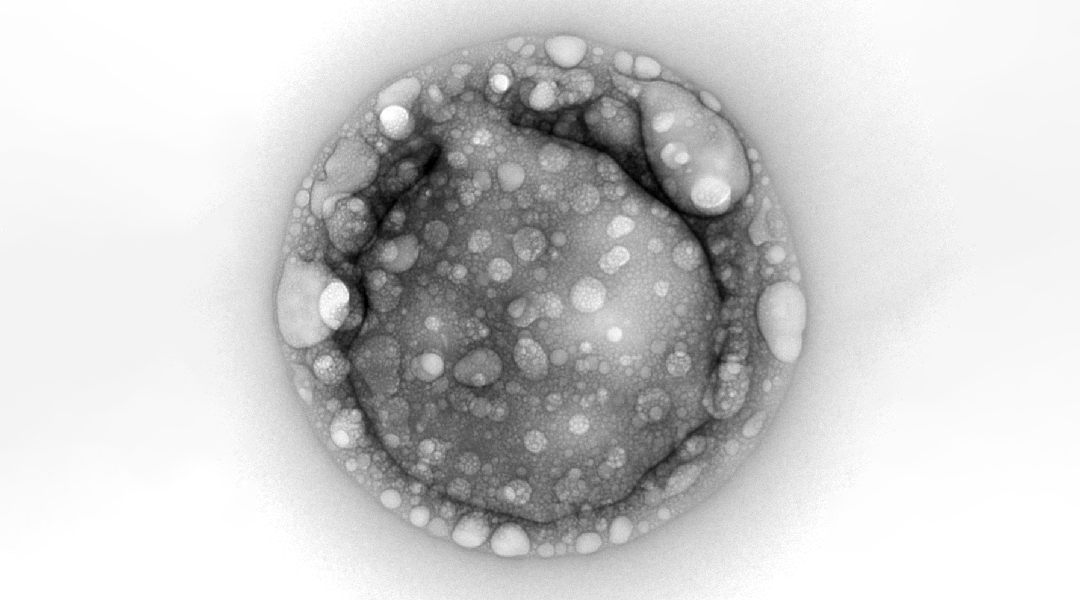
What role could non-biological molecules have played in helping primitive biological and chemical systems evolve into their current, complex forms?

Researchers investigate dark photons as alternatives to dark matter, aiming to detect these particles through experiments involving the conversion of light.
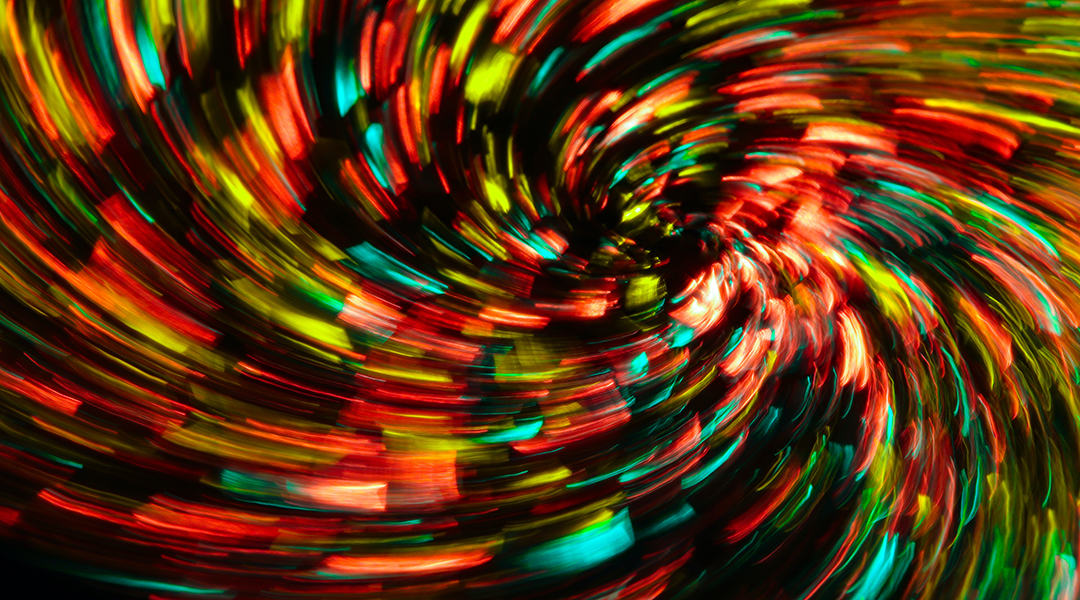
A new approach to understanding gravity helps eliminate some discrepancies inherent in general relativity.
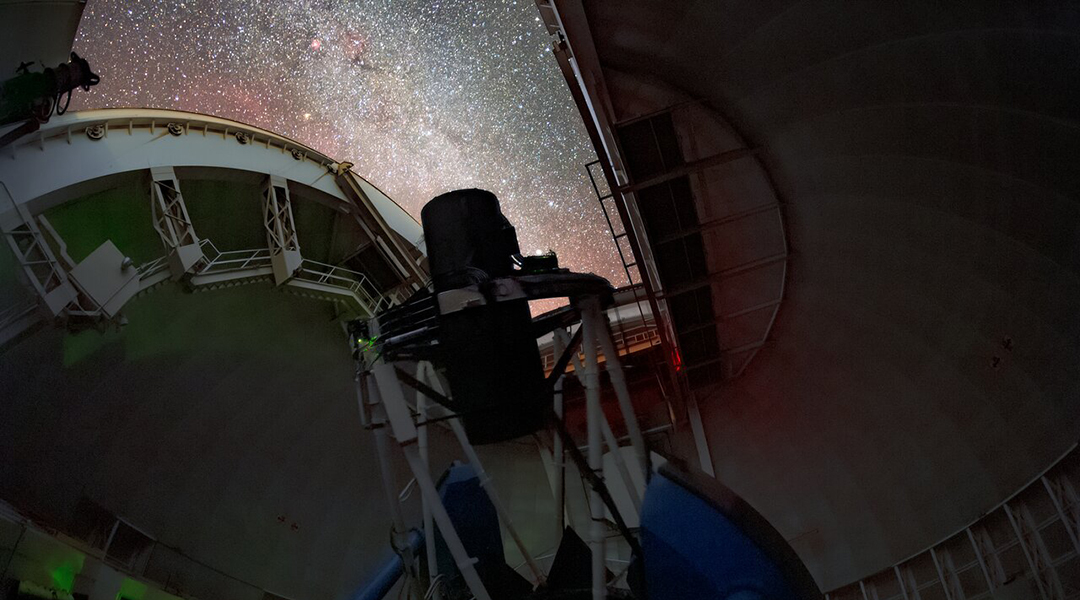
Galaxies, quasars, and stars… oh my! Dark Energy Spectroscopic Instrument (DESI) first data is a small fraction of the huge cosmic survey it will conduct.
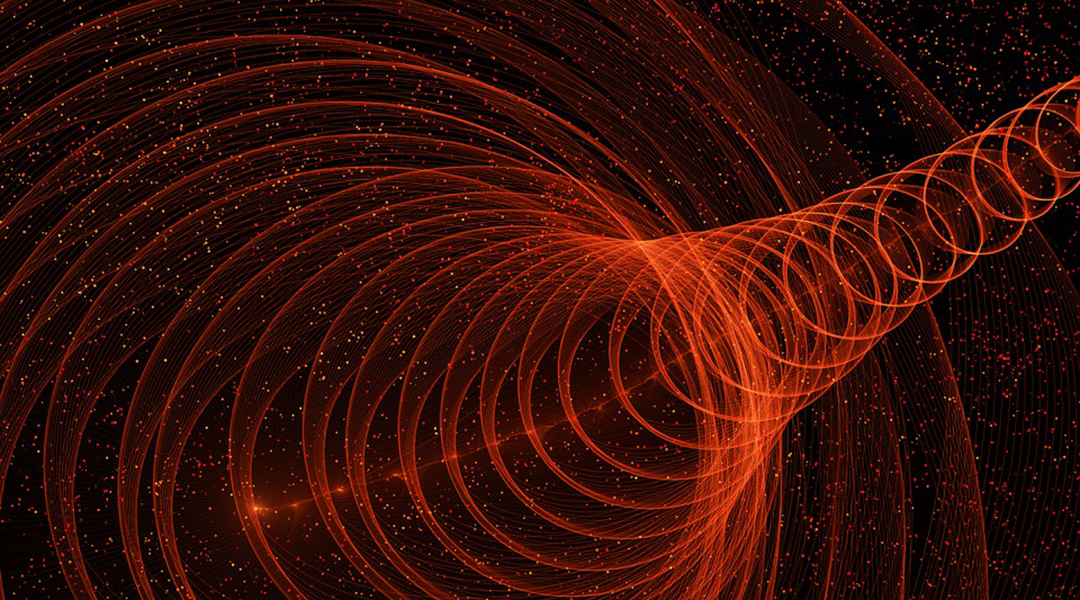
New research reveals that quantum effects defy the universality of free fall, providing a potential experimental pathway to test quantum gravity.
Scientists propose a modified cosmological model that challenges the existence of dark matter and dark energy.
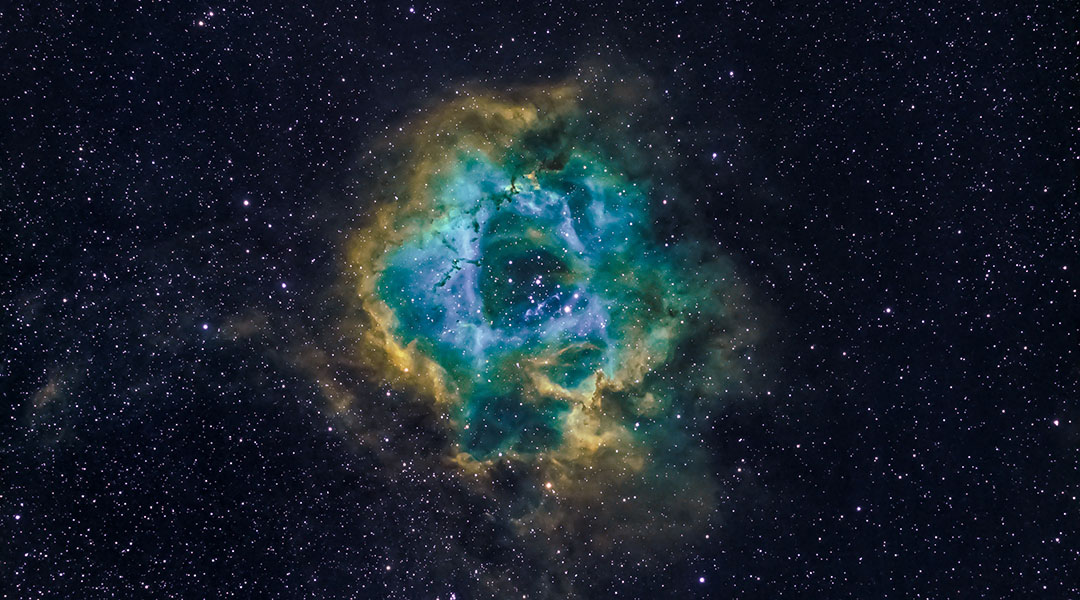
The composition of dark matter remains a mystery, but a new theory involving quantum tunneling may have eliminated some candidates.